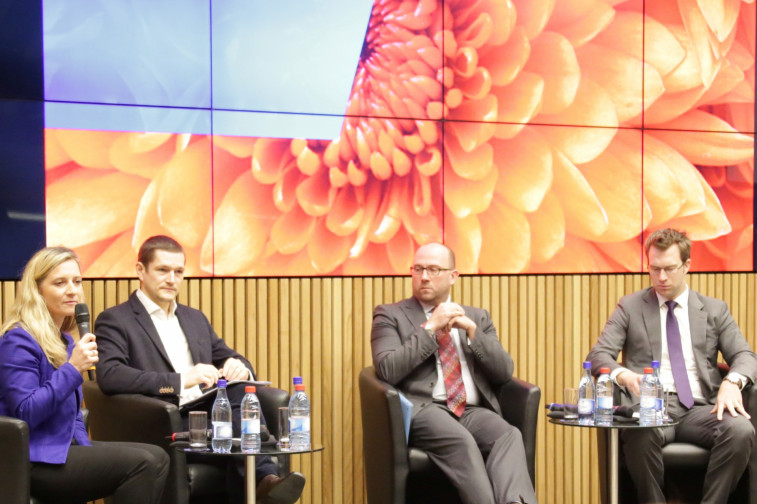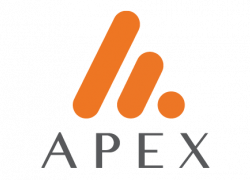Don’t delay preparations for the post-MiFID 2 world, say banking industry experts.
At KPMG’s MiFID 2: start your engines conference, held at KPMG’s premises on 21 October 2015, there was one resounding message given by all the panelists: don’t delay when it comes to preparing for the post-MiFID 2 world.
The chair of the event, Anne-Sophie Minaldo (Partner, KPMG Luxembourg), went so far as to suggest that implementation time for MiFID 2 may be twice that of MiFID 1, which was released in 2007. She and panelists Benoit Sauvage (Senior Adviser, ABBL), Nicolas Moser (Partner, KPMG Switzerland), and Stéphane Salabert (Partner, KPMG France) all shared the message that MiFID 2 will bring sweeping changes to the business landscape.
Mr. Moser brought an additional perspective from Switzerland, where the big question is about how easy it will be to do business in the EU after the MiFID 2 implementation date, 3 January 2017.
MiFID 2 implementation: a major undertaking
After brief presentations from each of the panelists, they sat down to discuss three key issues: bans on inducement, transaction reporting, and record-keeping. Anne-Sophie Minaldo explained: “The hurdles before us are high. In the realm of transaction reporting alone, a new regulatory form contains a whopping 65 fields to be filled out. This poses many challenges, even basic ones like finding all the information needed, ensuring that it is accurate, and publishing it on a daily basis. And on the other side, of course, something must be done with this information by the regulators. It will be a major undertaking on the CSSF’s side: they will have barrels of data and will have to put systems online to analyze it.”
MiFID 2 will necessitate strategic decisions and a review of investment service offerings. It also implies huge IT development needs and, last but not least, an involvement of all business partners to ensure an efficient change management process.
No simple solution available
Benoit Sauvage believes that existing solutions may not be sophisticated enough to respond to this MiFID 2 challenge: “Authorized reporting systems, or ARMs, already exist as a place for assistance with reporting. ARMs are services that can compile and submit information on your behalf to the appropriate regulators. However, as these ARMs are often dispatching centres rather than places equipped to analyze data and ensure its quality, it won’t be a quick fix for MiFID reporting. Some of the burden will inevitably fall on in-house teams“.
Record-keeping was also raised as a potential area of difficulty, as MiFID 2 brings a great deal of it. The panelists discussed how players will have to keep a record of transactions, clients, and activities in line with the new guidelines.
Closing remarks were made by Mr. Moser, who stressed that it all comes down to client experience: “No matter what kind of systems you put in place to comply with changes in data collection and reporting, the customer cannot be forgotten.”
Communiqués liés
Apex Group boosts Saudi team with appointment of key executi...
Leading global financial service provider Apex Group has grown its team in the M...
Gcore raises $60 million in series A Funding to drive AI inn...
Gcore, the global edge AI, cloud, network, and security solutions provider, toda...
Luxair sélectionne le plus gros modèle des Boeing 737 MAX ...
Boeing et Luxair annoncent aujourd'hui que le transporteur régional européen c...
Global Wealth Report 2024 - La croissance revient à 4,2%, c...
Partout dans le monde, les gens s'enrichissent progressivement, et pas seule...
Luxair et lux-Airport font face à une panne technologique m...
Luxair et lux-Airport souhaitent informer le public sur la panne technologique m...
Apex Group Americas continues to expand its business develop...
Apex Group Ltd. (“Apex Group”) – global financial service provider - has a...
Il n'y a aucun résultat pour votre recherche






